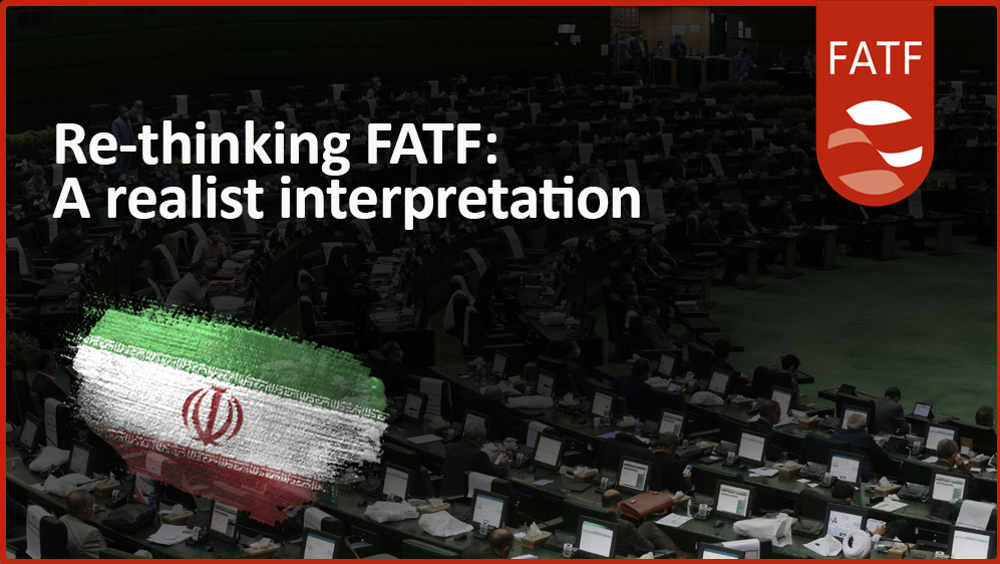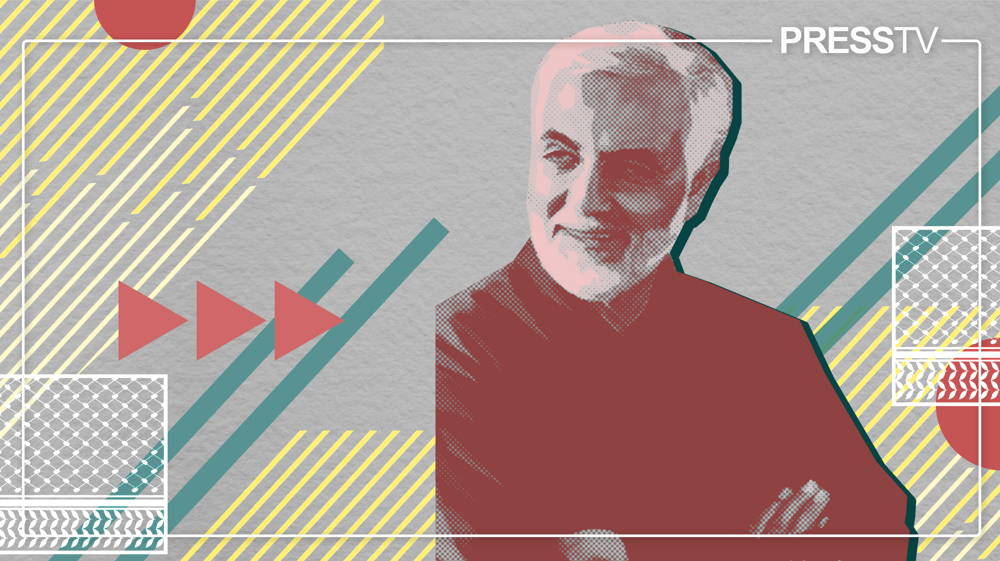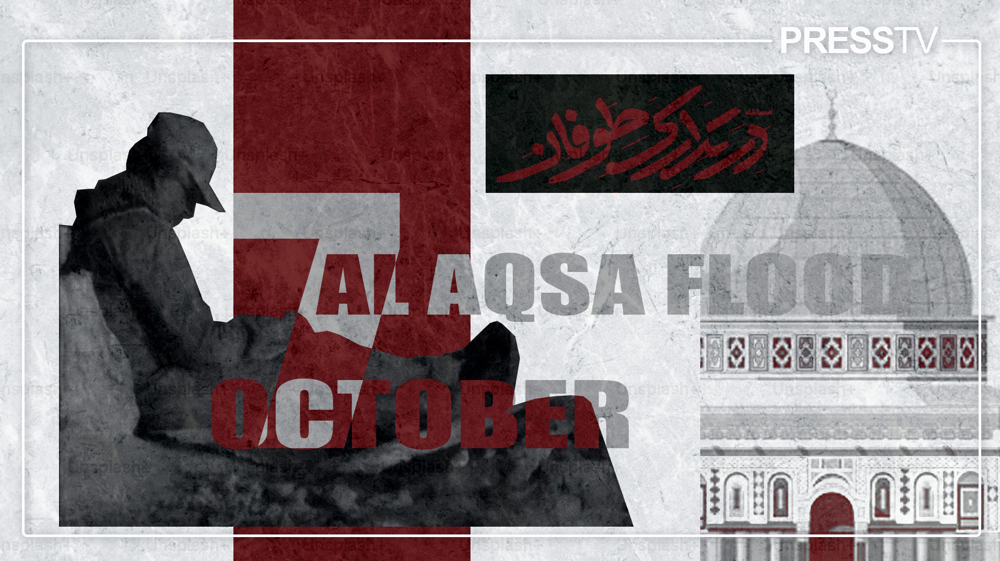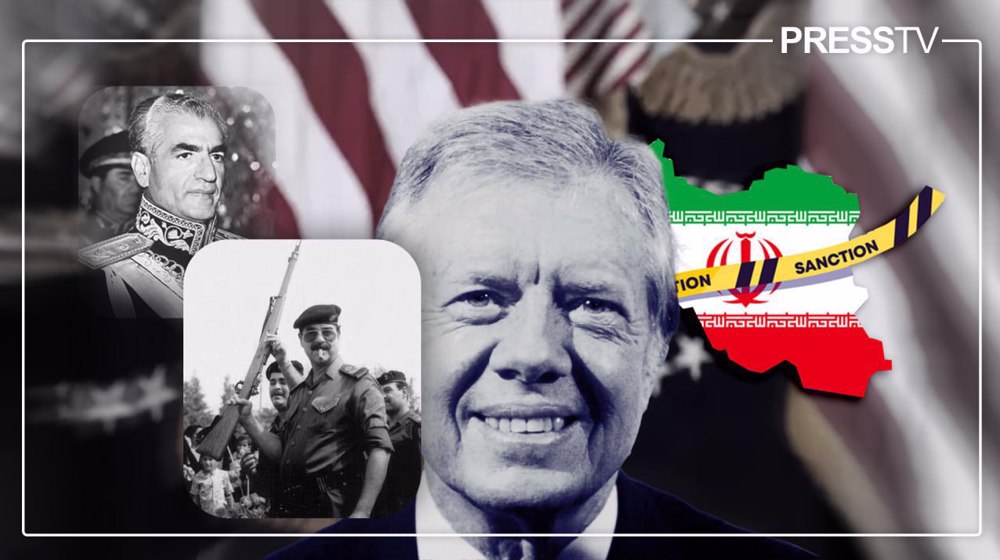Re-thinking FATF: a realist interpretation
By Mehrdad Torabi
postgraduate student of International Relations – University of Bologna, Department of Political Sciences
The organization calls for a global consensus to fight terrorism; beyond this dimension, however, definitions of terrorism remain to a great extent unsatisfactory. Combatting terrorist financing is a priority for the FATF. But what is terrorism?
When it comes to Iran’s approach towards Financial Action Task Force, mainly two questions are raised. The first of these questions deals with economic issues and sanctions, in particular. There have been extensive analyses on this dimension stressing the need for, first, lifting the US’s economic siege for a proper reaction. The argument casts doubt whether the Islamic Republic should trust such intergovernmental organizations as their main actors have failed to implement their obligations under the JCPOA. In other words, FATF is seen as an instrument to inhibit Tehran’s means of escape from the economic barriers and, basically, to tighten the siege ring. But the second question I intend to touch upon, discuss in more detail, is a delicate one, which has also remained unnoticed so far.
Combatting terrorist financing is a priority for the FATF. But what is terrorism? The organization calls for a global consensus to fight terrorism; beyond this dimension, however, definitions of terrorism remain to a great extent unsatisfactory. In fact, subjective descriptions of terrorism, this most abused of all political concepts, in political reality, have had such adverse impacts on communities that many scholars in academia have appealed toeven abandoning the term.
Literature highlights two critical positions with respect to endowing meaning to terrorism: First, terrorism is not a useful analytical categorization and should therefore be abandoned as pejorative meanings are usually attached to it (Bryan 2018). Second, it is argued, any definition of terrorism entails a political use of the term, making it a highly politicized phenomenon. The interpretation of these events can be questioned and labeled differently according to the perspectives, positions, and power relations(Silvia D'Amato 2019).
The rubric of counter-terrorism is often used to justify acts in support of political agendas, such as the consolidation of political power, inhibition of legitimate opposition, and/or suppression of resistance to military occupation. Labeling opponents or adversaries as terrorists offers a time-tested technique to de-legitimize and demonize them.
The MEK terrorist organization today, despite murdering 17,000 Iranian people and officials through different acts of violence, which also intended to generate a destructive psychological impact beyond the immediate victims, not only is hosted by the West with impunity but also receives extensive financial and diplomatic support for its offenses. National liberation movements from the first phase of decolonization in the 1920s to the Yemeni nation, already suffering from the agony of the genocidal war of the US/Saudi-led coalition, have been called terrorists merely for the sole reason of demanding independence and freedom.The dropping of the atomic bomb on Hiroshima, an act calculated to terrify, is not an act of terrorism because the US had both the power and institutional means to define,instead, the US Air Force as engaged in an act of war.
Therefore, passing bills that would allow Iran to join the Financial Action Task Force seems to be unreasonable as long as sanctions target the Iranian nation and as long as the Islamic Republic resists subordination by defying them. On the other hand, ratification cannot be limited only to the economic issue, for it is in favor of a legal framework that contradicts our point of view and position in the world. Joining the FATF is accompanied by legal obligations that are entirely contrary to our highest principle of defending the oppressed. Let us not forget animus dominandi, or thirst for power, among individuals within a political culture that separates ethics and politics, shapes the underlying layer of “liberal internationalism” and nothing else. These institutions we have known as institutions of imperialism for more than forty years. There is no advantage nor reason for joining such intergovernmental organizations.
The views expressed in this article do not necessarily reflect those of Press TV.
VIDEO | Press TV's news headlines
Israel launches new strikes against Syrian defense facilities
Netanyahu orders Israel negotiators to continue in Doha
Israeli regime strikes buildings in Lebanon’s south
Suicides among Israeli forces surge amid Gaza war
Gen. Soleimani turned threats into opportunities and fortified resistance axis
Houthi: General Soleimani thwarted US conspiracies in West Asia
Islamic Jihad prevents Israeli captive from taking own life










 This makes it easy to access the Press TV website
This makes it easy to access the Press TV website